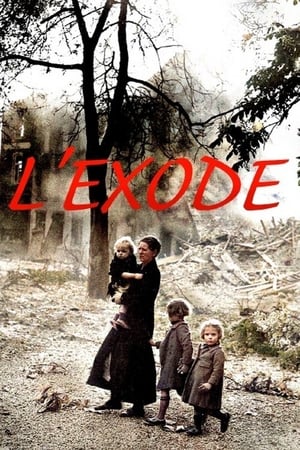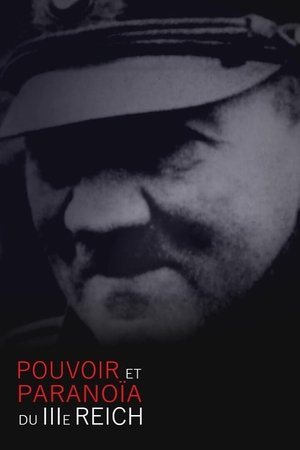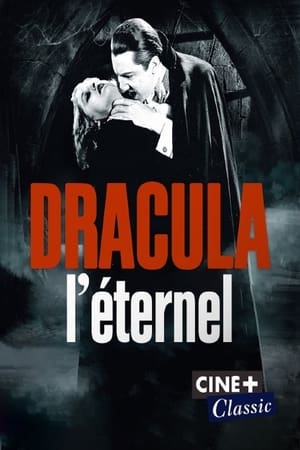

History and Stories of Psychoanalysis(2016)
The film consists mainly of interviews with readers of Freud in Brazil and several places in Europe, and touches on topics such as history, translation, culture, language and, especially, Freud himself.
Movie: History and Stories of Psychoanalysis
Top 10 Billed Cast
Interviwed
Interviwed
Interviwed
Interviewed
Interviewed
Interviewed
Interviewed
Interviewed
Interviewed
Interviewed

Hestórias da Psicanálise: Leitores de Freud
HomePage
Overview
The film consists mainly of interviews with readers of Freud in Brazil and several places in Europe, and touches on topics such as history, translation, culture, language and, especially, Freud himself.
Release Date
2016-09-15
Average
0
Rating:
0.0 startsTagline
Genres
Languages:
EnglishFrançaisItalianoPortuguêsKeywords
Similar Movies
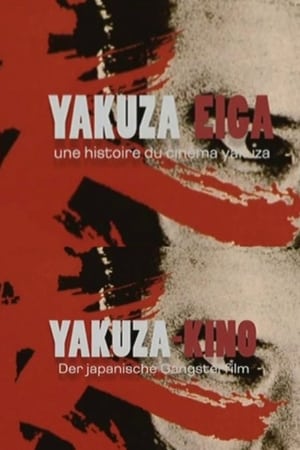 7.0
7.0Yakuza Eiga, une histoire du cinéma yakuza(fr)
The history of the Yakuza Eiga at the TOEI studio is roughly outlined. Real Yakuza and also their connections to the movie business are discussed, and many important actors and directors of the genres are interviewed. Former real yakuza boss turned actor Noboru Ando, Takashi Miike, Sonny Chiba and many more get a chance to speak.
Fanalysis(en)
Actor/cult icon Bruce Campbell examines the world of fan conventions and what makes a fan into a fanatic.
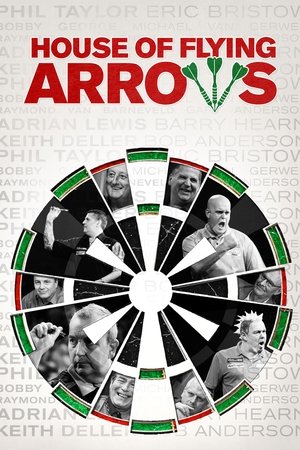 6.4
6.4House of Flying Arrows(en)
The popular rise of darts is charted in this pin-sharp documentary that follows the trajectory of arrows from local pub to beer-soaked arena. Featuring archive footage, behind-the-scenes access and interviews with current darting personalities such as Michael van Gerwen, Gary Anderson and Raymond van Barneveld, the film traces the sport's evolution from humble beginnings through to the glamorous heyday of the 1980s and on into the lucrative professional era.
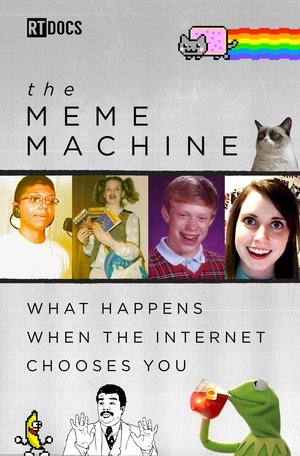 7.0
7.0The Meme Machine(en)
An exploration of the origins of memes, how they spread, and the stories behind some of the most popular “human memes” like Ermahgerd Girl, Overly Attached Girlfriend, and Chocolate Rain Guy.
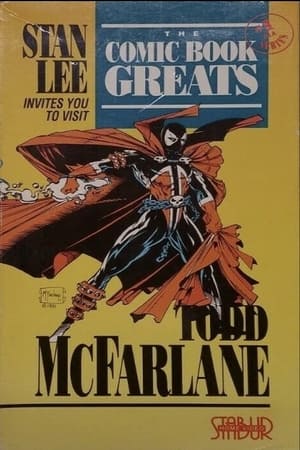 0.0
0.0The Comic Book Greats: Todd McFarlane(en)
Stan Lee interviews Todd McFarlane
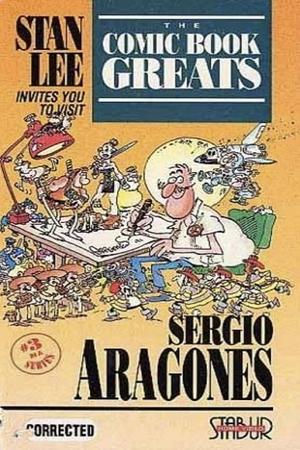 0.0
0.0The Comic Book Greats: Sergio Aragonés(en)
Stan Lee interviews Sergio Aragonés
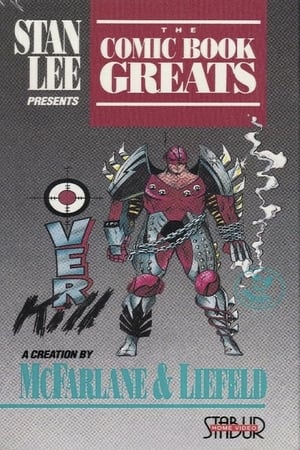 0.0
0.0The Comic Book Greats: Rob Liefeld and Todd McFarlane(en)
Rob Liefeld and Todd McFarlane create a new character.
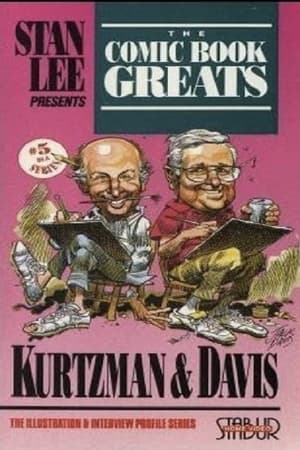 0.0
0.0The Comic Book Greats: Harvey Kurtzman and Jack Davis(en)
Stan Lee interviews Harvey Kurtzman and Jack Davis
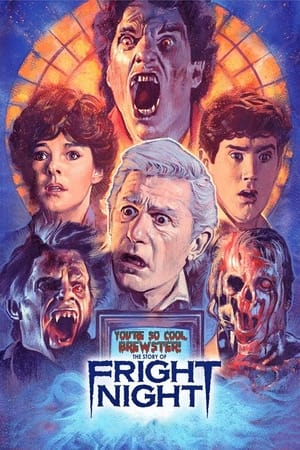 6.8
6.8You're So Cool, Brewster! The Story of Fright Night(en)
An extensive look at the making of Fright Night (1985) and Fright Night Part 2 (1988) featuring exclusive interviews with cast and crew members, rare photographs, behind-the-scenes footage and more.
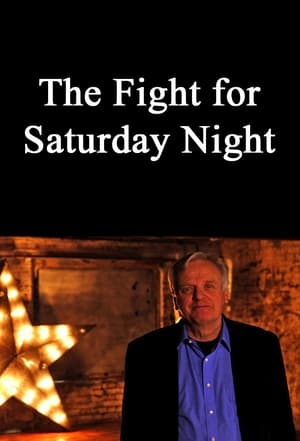 7.0
7.0The Fight for Saturday Night(en)
Michael Grade tells a tale of television skullduggery and dirty dealings in the battle to win the Saturday night ratings crown.
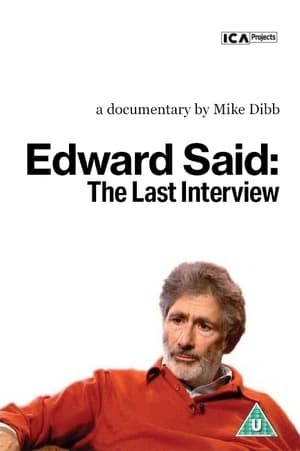 7.0
7.0Edward Said: The Last Interview(en)
Prominent Columbia University English and Comparative Literature professor Edward Said was well known in the United States for his tireless efforts to convey the plight of the Palestinian people, and in this film shot less than a year before his death resulting from incurable leukemia, the author of such books as {-Orientalism}, {-Culture and Imperialism}, and {-Power, Politics, and Culture} discusses with filmmakers his illness, his life, his education, and the continuing turmoil in Palestine. Diagnosed with the disease in 1991, Said struggled with his leukemia throughout the 1990s before refraining from interviews due to his increasingly fragile physical state. This interview was the one sole exception to his staunch "no interview" policy, and provides fascinating insight into the mind of the man who became Western society's most prominent spokesman for the Palestinian cause.
El sexo sentido(es)
Between the ages of two and three, children already know which gender they belong to. One in 10,000 males and one in 40,000 females feel the opposite gender to the one they were assigned at birth. The first signs of transsexuality can appear very early. The families of all the protagonists in the documentary agree that their children have, almost from the moment they began to speak, expressed with surprising insistence and firmness that they belonged to the sex opposite to that of their genitalia.
Arena - John Cassavetes(en)
Tribute to actor and director John Cassavetes who died in February 1989. Friends, associates and fellow directors remember the man and his work.
Ver a Hilda Vera(es)
A living room, two video cameras, an armchair, two televisions and a mirror: domestic daily life in which colleagues, family and friends come together to decipher the life, personality and artistic trajectory of one of the most important actresses of Venezuelan Cinema: Hilda Vera
